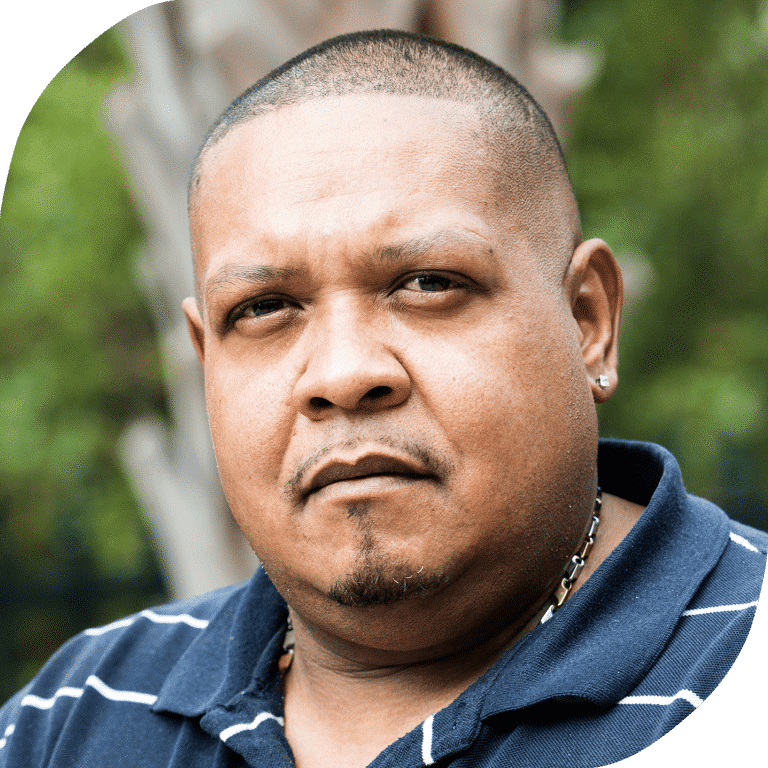What we’re doing
Our Office is committed to reducing the presence of hate in our society. Recent incidents of racism and violence across B.C. during the COVID-19 pandemic are deeply disturbing. These violent acts are rooted in ignorance and discrimination against marginalized communities, specifically Asian, Indigenous and Black communities. B.C. is experiencing dramatic increases in hate associated police files, in addition to the many acts of violence that are not reported. Below are some of the examples of our work in this area.
Top 5 things B.C.’s Human Rights Commissioner wants you to know about hate speech
- Both Canada’s Criminal Code and B.C.’s Human Rights Code prohibit hate speech.
- The legal test for whether certain speech is hate speech is the same under human rights law and criminal law. However, a claim is easier to prove—and harder for someone to defend against—under human rights law.
- Legally, hate speech must be worse than “merely offensive;” it must be extreme speech that is “likely to expose a person or group to detestation and vilification” because of characteristics like their race, religion, sexual orientation or gender identity.
- Speech that is not illegal under Canada’s hate speech laws may still violate other laws, including other sections of the Human Rights Code.
- If you have been exposed to hate speech in B.C., you can file a complaint with the Human Rights Tribunal. You do not have to involve the police to make a complaint to the Human Rights Tribunal.
If you aren’t sure if speech is hate speech you can find more information in our Q&A. We also encourage you to talk to a lawyer experienced in human rights law.
Responding to the rise of racist violence during COVID-19
During the pandemic, the Commissioner and our Education and Engagement team met extensively with community organizations responding to incidents of hate. The Commission spoke to thousands of people in B.C. in numerous town halls, roundtables and virtual events about how issues of hateful violence are touching their lives.
Our Office recognizes that the rise of hate seen in this province—both before and during the pandemic—does not arise out of nowhere. In working on our strategic priority to address the rise of hate, we recognize that hate exists on a continuum and we need to tackle it at its roots.
In August 2021, we announced our first province-wide public inquiry into hate during the COVID-19 pandemic. It included gathering factual and expert evidence, hearing directly from people impacted by hate and forming effective recommendations.
In March 2023, the Human Rights Commissioner announced the inquiry results and shared recommendations to address and prevent out outbreaks of hate during times of social upheaval, both during the COVID-19 pandemic, and in the future.
What we know
of trans and non-binary people in B.C. have experienced verbal harassment.1
of people in B.C. believe hate crimes have increased since the pandemic began, the highest percentage in any province.2
hate crimes were reported to the police in B.C. in 2017, an increase of 55 per cent from two years earlier.3
participants in a study on the rise in anti-Asian racism in B.C. reported incidents of assault.4
Report hate crimes and human rights violations
There are two official avenues available for people who face incidents of racism and racist violence. The first is that you can report these incidents to the police. Reporting incidents is part of the criminal process of responding to hate crimes. There is more information about how to report a hate crime to the RCMP Hate Crimes Unit.
There is also a human rights approach to dealing with hate speech and discrimination. Under the B.C. Human Rights Code, you can file a complaint through the BC Human Rights Tribunal. The Tribunal provides more information on how to file a complaint through them.
Share your support online
Follow us @humanrights4bc and use the hashtag #humanrights4BC to point us towards resources for anti-racism action and reflection.
